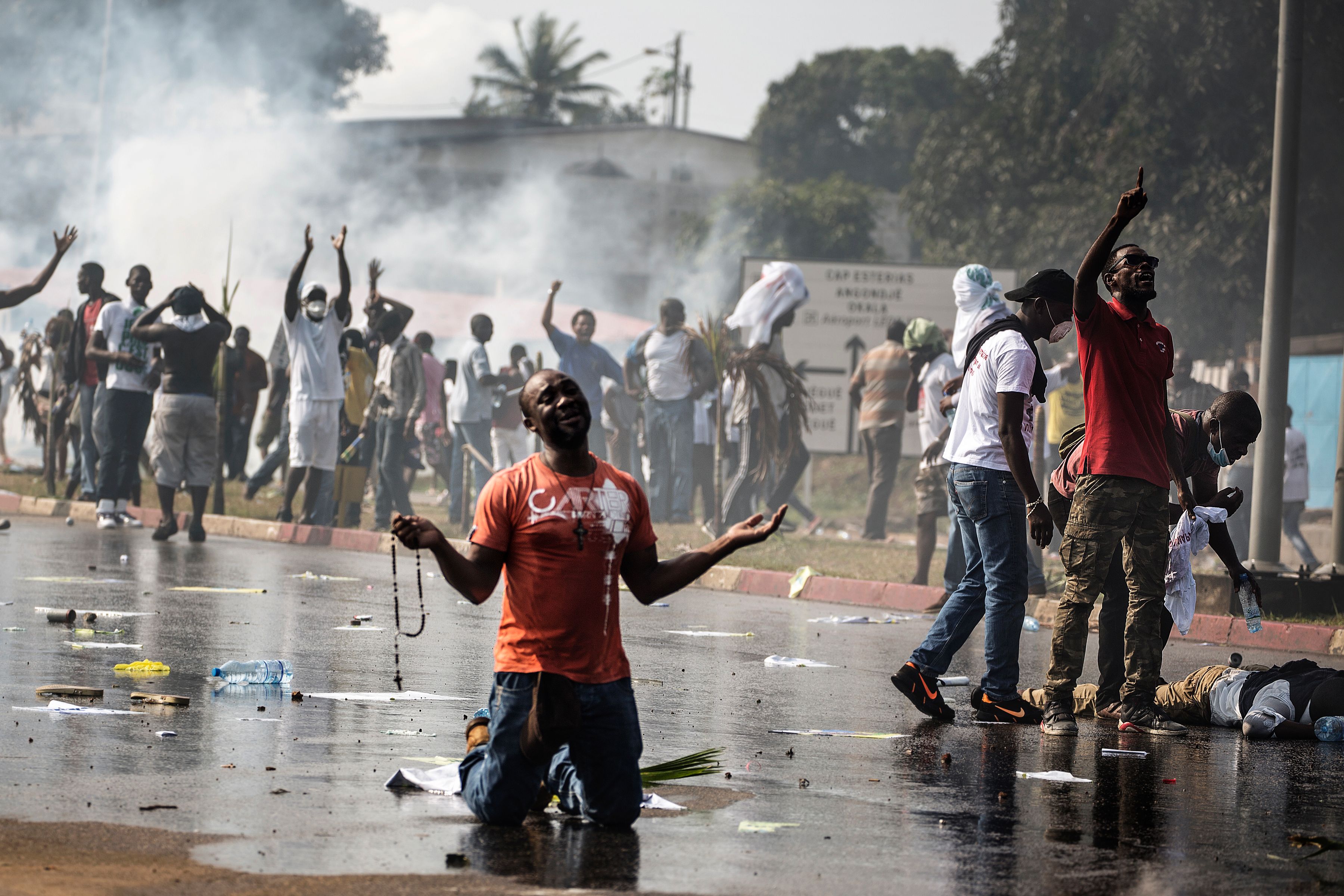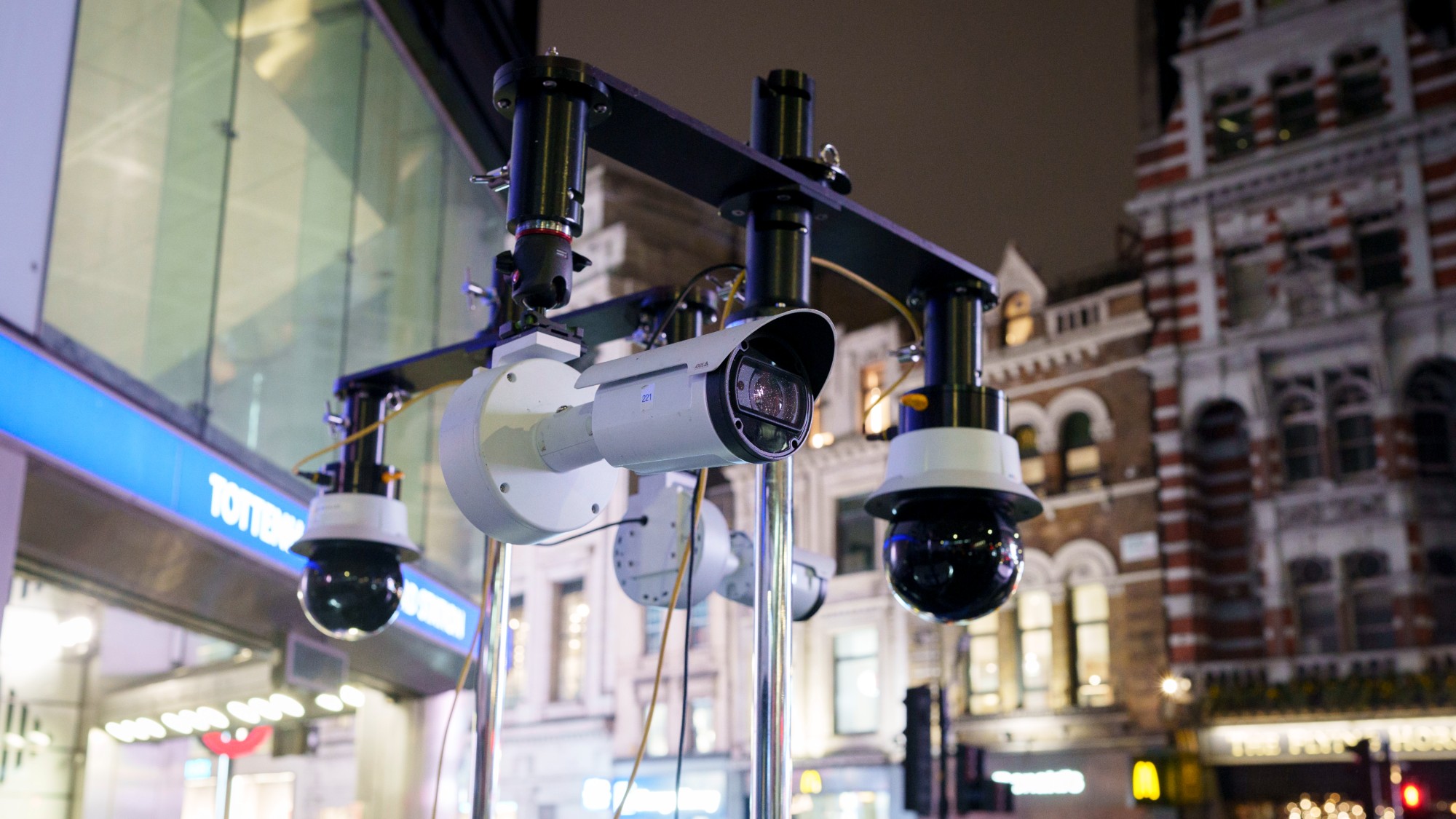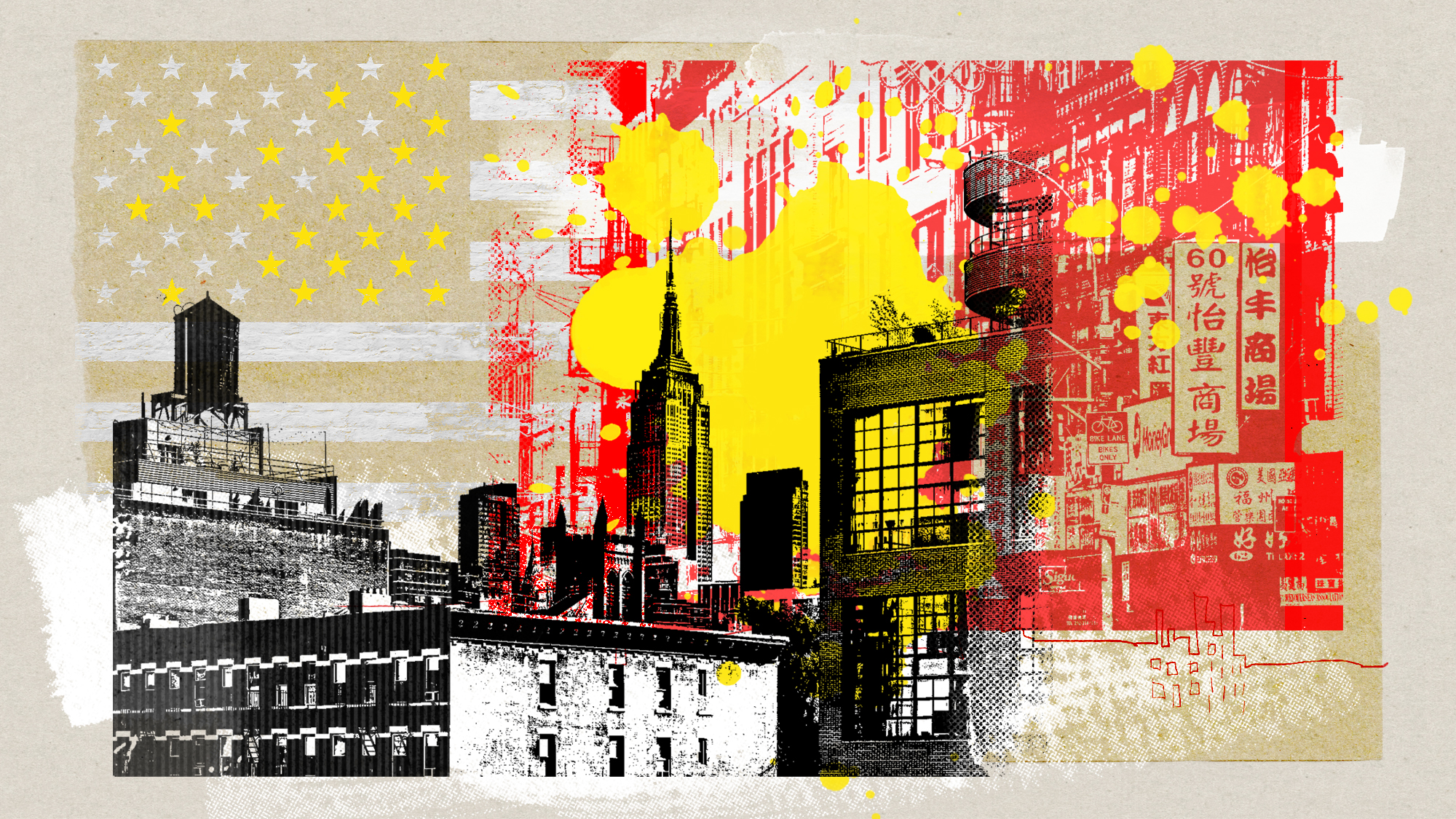Gabon is in chaos — and France is to blame
How an old French policy is facilitating corruption in the African country


The small African country of Gabon is engulfed in riots over a contested presidential election. And while it may not seem like it at first glance, France is mostly to blame for this upheaval.
Gabon is one of the saddest examples of a Cold War-era policy known as "Françafrique," whereby France props up dictators in its former colonies in exchange for access to natural resources, military bases, and influence.
In the case of Gabon, the country's uranium reserves have been particularly strategic for France. And since its independence from the European country, Gabon has been run as a personal fiefdom and kleptocracy by the same family: the Bongos. Their wealth — stored up in extravagant properties in Paris' poshest districts and the French Riviera, and in luxury vehicles sometimes seen around the cities — is legendary, and so is the regime's corruption. The country has large oil reserves, but its people are poor, and the country has one of the world's highest infant mortality rates.
The Week
Escape your echo chamber. Get the facts behind the news, plus analysis from multiple perspectives.

Sign up for The Week's Free Newsletters
From our morning news briefing to a weekly Good News Newsletter, get the best of The Week delivered directly to your inbox.
From our morning news briefing to a weekly Good News Newsletter, get the best of The Week delivered directly to your inbox.
Ali Bongo — the presidential incumbent who, despite the opposition's protests and demands for a recount, was declared the winner of the recent election — is the son of the previous president, Omar Bongo, who ruled for 42 years, from 1967 until his death in 2009.
Before the election, Jean Ping, the opposition candidate who faced off against Bongo, warned that the country could slide into civil war if democratic progress wasn't achieved, comparing the country to the Titanic in an interview with Le Monde. Now, conflict is raging as Ping insists he is the rightful winner of the election.
"Everybody inside and outside the country knows that I'm the winner," Ping said after the election. "There is no doubt about that. All the European observers know that."
Ping, whose father is Chinese, wouldn't exactly be a 180-degree pivot for the regime. Aged 73, he dutifully served in government for 10 years before serving in various international bodies. He was also once partnered to Pascaline Bongo, Omar Bongo's daughter known for her high-flying lifestyle, and they have two children. Nonetheless, it seems like a president not named Bongo would be a mark of progress.
A free daily email with the biggest news stories of the day – and the best features from TheWeek.com
These days, it's not exactly clear if France controls Gabon, or the other way around. It's been rumored for decades that the Bongos are bankrolling French politicians. Former French President Valéry Giscard d'Estaing claimed to have seen credible intelligence that Bongo was funding his then-rival Jacques Chirac. D'Estaing said he confronted Bongo over the phone "and there was a dead silence that I still remember to this day and then he said, 'Ah, you know.'" In 2008, after Bongo criticized a French minister, Jean-Marie Bockel, for decrying the "waste of public funds" by French ex-colonies, the minister in question was sacked by Nicolas Sarkozy.
So, what can France do? It has tried, haltingly, to water down the more indefensible aspects of Françafrique. As a presidential candidate, Sarkozy promised to "kill" the policy, but did not actually do much to follow up on that promise. Of course, openness and stability are serious problems for most developing countries. If the Bongos were suddenly removed from power, modern liberal democracy probably wouldn't just sprout in Gabon overnight. What would fill the vacuum? When France has tried to extricate itself, it can't: France has to prop up the governments of Mali and Chad because the alternative seems to be radical Islamist movements that would create terrorist safe havens.
What's next for Gabon? Civil war is definitely a terrifying possibility. So is a crackdown that keeps the Bongos in power. At some point, France will probably try to broker an outcome, but the situation may get out of hand.
Viewed from the West, this is a sad and familiar story about Africa, but it shouldn't be. Indeed, it's a throwback. One of the most underreported stories in the world today is Africa's progress — slow, halting, sometimes infuriating, but real — towards democracy and the rule of law. The only thing that can be said for sure is that we can hope the country reaches a more rational settlement, for the sake of its people torn between the interests of what Africans call "Big Men."
Pascal-Emmanuel Gobry is a writer and fellow at the Ethics and Public Policy Center. His writing has appeared at Forbes, The Atlantic, First Things, Commentary Magazine, The Daily Beast, The Federalist, Quartz, and other places. He lives in Paris with his beloved wife and daughter.
-
 Heavenly spectacle in the wilds of Canada
Heavenly spectacle in the wilds of CanadaThe Week Recommends ‘Mind-bending’ outpost for spotting animals – and the northern lights
-
 Facial recognition: a revolution in policing
Facial recognition: a revolution in policingTalking Point All 43 police forces in England and Wales are set to be granted access, with those against calling for increasing safeguards on the technology
-
 Codeword: December 14, 2025
Codeword: December 14, 2025The daily codeword puzzle from The Week
-
 Femicide: Italy’s newest crime
Femicide: Italy’s newest crimeThe Explainer Landmark law to criminalise murder of a woman as an ‘act of hatred’ or ‘subjugation’ but critics say Italy is still deeply patriarchal
-
 Brazil’s Bolsonaro behind bars after appeals run out
Brazil’s Bolsonaro behind bars after appeals run outSpeed Read He will serve 27 years in prison
-
 Americans traveling abroad face renewed criticism in the Trump era
Americans traveling abroad face renewed criticism in the Trump eraThe Explainer Some of Trump’s behavior has Americans being questioned
-
 Nigeria confused by Trump invasion threat
Nigeria confused by Trump invasion threatSpeed Read Trump has claimed the country is persecuting Christians
-
 Sanae Takaichi: Japan’s Iron Lady set to be the country’s first woman prime minister
Sanae Takaichi: Japan’s Iron Lady set to be the country’s first woman prime ministerIn the Spotlight Takaichi is a member of Japan’s conservative, nationalist Liberal Democratic Party
-
 Russia is ‘helping China’ prepare for an invasion of Taiwan
Russia is ‘helping China’ prepare for an invasion of TaiwanIn the Spotlight Russia is reportedly allowing China access to military training
-
 Interpol arrests hundreds in Africa-wide sextortion crackdown
Interpol arrests hundreds in Africa-wide sextortion crackdownIN THE SPOTLIGHT A series of stings disrupts major cybercrime operations as law enforcement estimates millions in losses from schemes designed to prey on lonely users
-
 China is silently expanding its influence in American cities
China is silently expanding its influence in American citiesUnder the Radar New York City and San Francisco, among others, have reportedly been targeted
